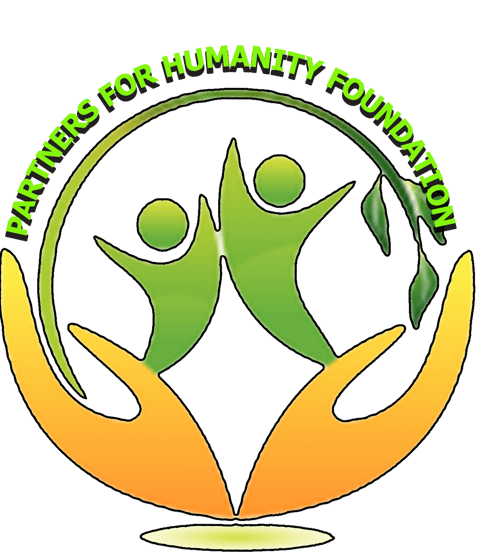Land Acknowledgment
The members of the Partners for Humanity wish to honour the First Peoples of this land and the unique, enduring ancestral relationship they have with it. We acknowledge that we live, learn, and work on the traditional territories of Treaty 6, Treaty 7, and Treaty 8, as well as the homeland of the Métis Nation within Regions 1, 2, 3, 4, 5, and 6, and the eight Métis Settlements of Alberta. These lands are home to diverse Indigenous Nations, including the Blackfoot, Cree, Dene, Saulteaux, Ojibwe, Stoney Nakota Sioux, and Tsuut’ina peoples, as well as the Métis Nation of Alberta.
We honour and respect the Treaties made on these territories and acknowledge the deep histories, languages, and cultures that continue to thrive in spite of the ongoing impacts of colonization. We also recognize the traumatic and painful legacies of colonial violence, displacement, and systemic injustice that Indigenous Peoples continue to face across Turtle Island.
As we work to confront and dismantle the racism and discrimination experienced by Black communities in Canada, we recognize that these struggles are not isolated. They are deeply interconnected with the experiences of Indigenous and other racialized communities, both historically and today. Reconciliation and anti-racism are not parallel efforts—they are braided together in our vision of justice, equity, and collective healing.
With humility and care, we commit ourselves to building meaningful, long-term partnerships with Indigenous communities—grounded in trust, respect, and a willingness to listen and learn. Together, we strive toward a shared vision: a just, inclusive, healthy, and sustainable Alberta for all.
Partners for Humanity is committed to examining institutionally entrenched modes of anti-Black racism, hate, and Islamophobia that defy simplistic analyses and require creative research methods for a deeper understanding.
Our Framework
Human-centered and Organizational Performance Excellence (HOPE)
Newer Viewers
People make mistakes
Blame fixes nothing
Context drives behavior
Learning is vital
Responses matter
Building the future in our own image
The right method for the right data; we consolidate survey deep dive and qualitative interactive data gathering and analysis in one platform so that you can focus on taking action. Our engagement methods get greater participation from hard- to- reach participants enabling them to share their true personal experiences for better results.
Centre of Hate, Healing, and Reconciliation Program (CoHHaR)
Sense of belonging: The concept of community of practice and the positive change in model to support community members who suffer from unresolved trauma, building community resilience, supporting the health of immigrant and refugee families and their descendants;
Reintegration and resettlement: Understanding the demographics, experiences, and support needs of newcomer communities in Alberta, exploring the ecological theory and conservation of resources theory to mental health needs;
Evaluation initiatives: To create a knowledge hub using a participatory action research approach to test interventions.
Design thinking -looking at more equitable systems.
Our research expertise provides deep insight into the newcomer settlement process enabling you to navigate their journey with clarity and confidence. We provide:
1. Full insight analysis
Gain comprehensive insights with our detailed report and demographic analysis tailored to illuminate the newcomer experience;
2. Custom research:
We collect tailored data for strategy or policies;
3. Targeted engagement:
We use hard-to-reach nuanced approach, designed for precision targeted to engage specific newcomer subgroups.
If you want to engage target specific ethnic group, or any other precise subgroup, we’ll have to engage the specific group you’re looking for. That is all doable using our Hard-to-reach approach.
Seeking additional insights? Do not hesitate to contact our team: Our team is available to conduct community-based research: info@pfhumanityfoundation.org
What surprised us in our previous research was how unprepared immigrants feel in terms of the level of settling in urban areas, it is not what they expected, some are looking even to go back. Some questions that stood out in our previous research: Which communities feel more supported? was their social networks able to help them integrate more into Canada? Does this depend on ethnicity and country of origin? Is there any impact for those people who have low levels of English and impacting immigrant experience?
We create the right data that is adaptive and flexible to analyze and address biases, equipping ourselves against the risks that are to come and address those out of age.
